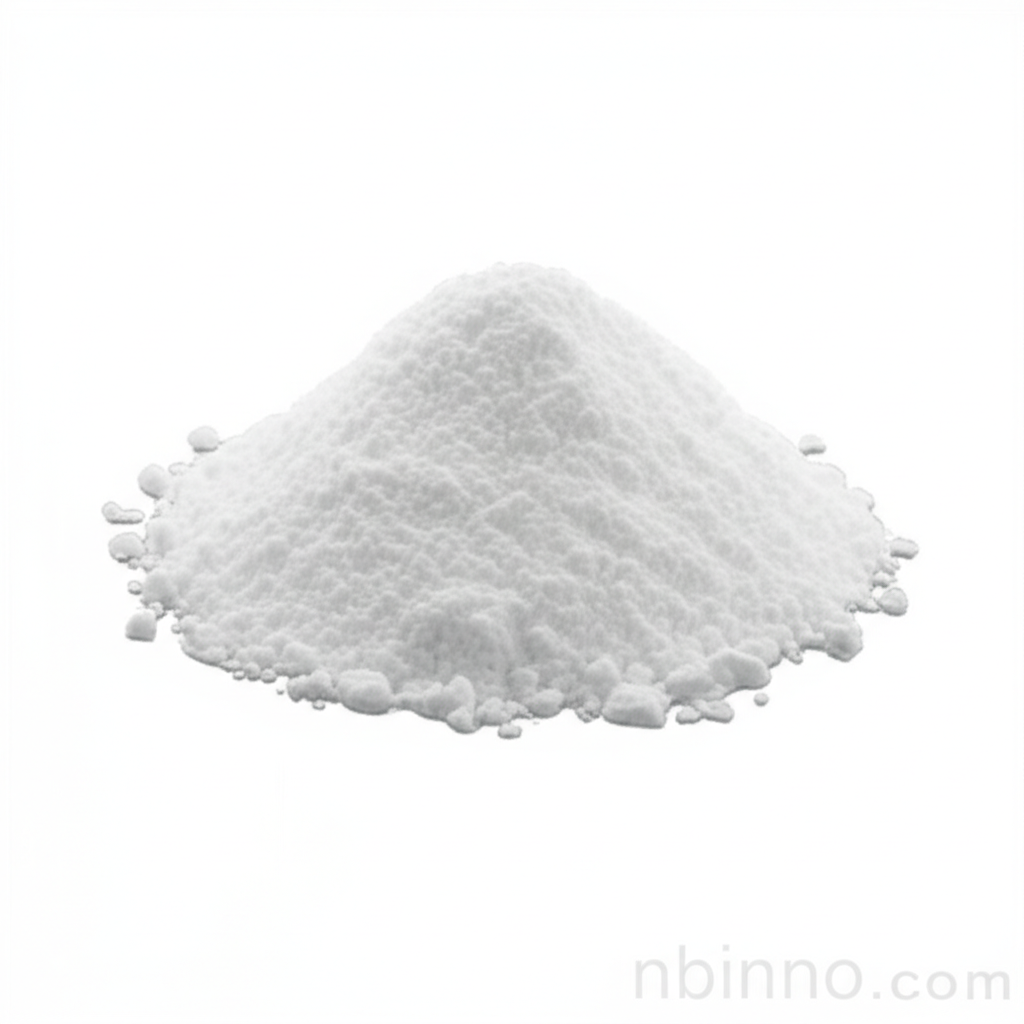Discover the Power of Phenethyl Caffeate
High-purity pharmaceutical intermediate with potent antioxidant and anti-inflammatory effects.
Get a Quote & SampleProduct Core Value

Phenethyl Caffeate
Phenethyl Caffeate, identified by CAS 104594-70-9, is a premium pharmaceutical intermediate renowned for its multifaceted biological activities. It serves as a potent antioxidant, antimitogenic, anticarcinogenic, and anti-inflammatory agent, making it invaluable in advanced research and drug development.
- Harnessing the benefits of natural phenolic compounds, Phenethyl Caffeate offers significant antioxidant properties, protecting cells from oxidative stress.
- Leveraging its anti-inflammatory activity, this pharmaceutical intermediate helps modulate immune responses, a key aspect in various therapeutic areas.
- Researchers utilize Phenethyl Caffeate as a specific inhibitor of NF-kB activation, a critical pathway in inflammation and cell growth.
- This high-purity compound is essential for studies focused on anti-carcinogenic effects and the inhibition of transformed cell growth.
Advantages Offered
Exceptional Purity
With a purity exceeding 99%, our Phenethyl Caffeate ensures reliable and reproducible results in your scientific endeavors, crucial for understanding specific compound actions.
Versatile Applications
From combating oxidative stress to modulating inflammatory pathways, its broad spectrum of biological activities makes it a versatile tool for exploring cellular mechanisms and therapeutic potentials.
Research-Grade Quality
As a leading pharmaceutical intermediate, it is trusted by researchers worldwide for its consistent quality and effectiveness in laboratory settings, aiding in the development of new treatments.
Key Applications
Cellular Research
Investigate cellular mechanisms and signaling pathways, particularly NF-kB activation, using this specific NF-kB inhibitor.
Drug Discovery
Explore its potential as an active ingredient or lead compound in the development of new pharmaceuticals targeting inflammation and cancer.
Antioxidant Studies
Utilize its strong antioxidant properties for in-vitro and in-vivo studies investigating oxidative stress and cellular damage.
Anti-inflammatory Research
Apply its immunomodulatory and anti-inflammatory activity in research models for inflammatory diseases.
